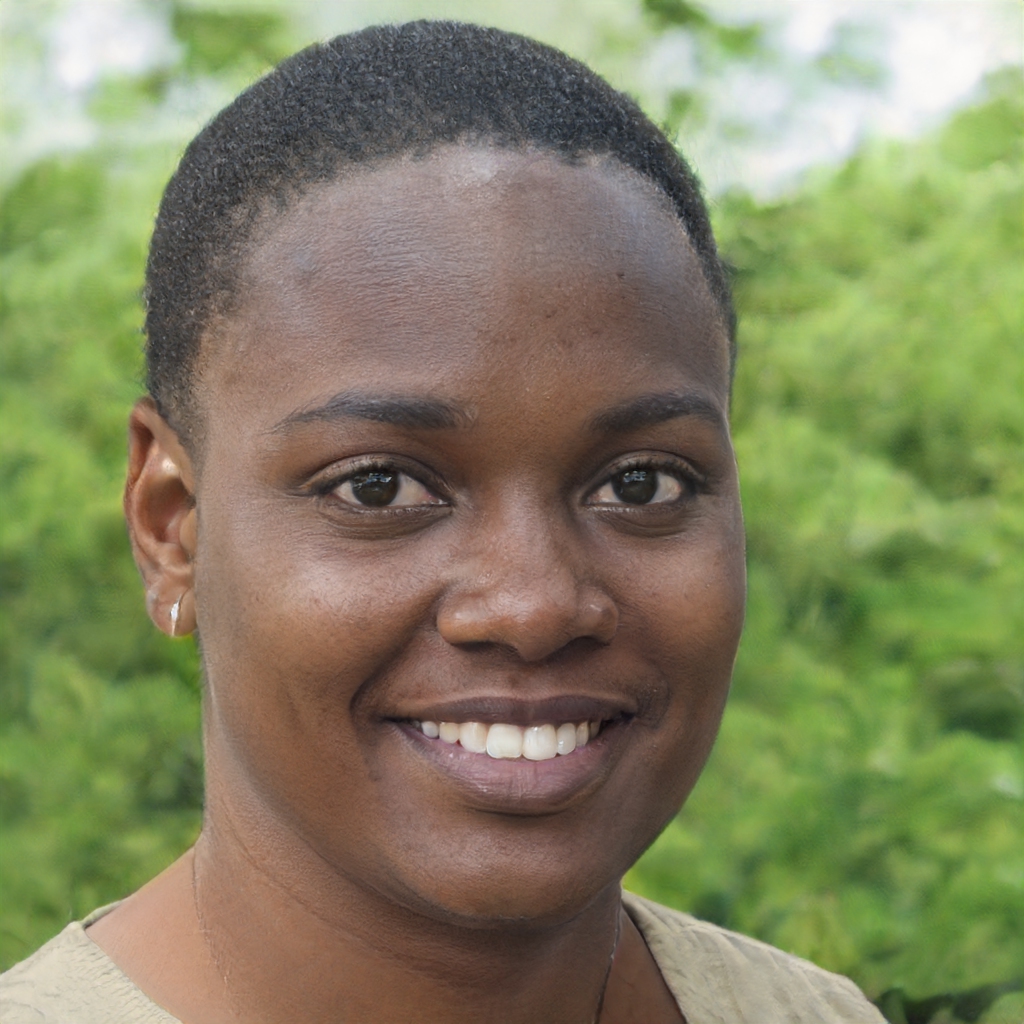The Ministry of Education (MEC) has taken an important step towards modernizing education in Brazil with the launch of a training course in hybrid education, as well as a pedagogical guide. These initiatives, developed by the Innovation Network for Hybrid Education (Rieh), aim to empower teachers to efficiently integrate digital and in-person methodologies. Furthermore, the course, which begins in March, promises to revolutionize public high school education. In this way, it seeks to prepare teachers and students for the challenges of the 21st century, promoting a more dynamic and innovative education.
What is blended learning and why is it important?
Hybrid education is an approach that combines in-person and digital learning, thus offering greater flexibility and personalization of learning. Furthermore, this methodology is essential for preparing students for an increasingly technological world, as it integrates digital tools with human interaction. To facilitate this transition, the Brazilian Ministry of Education (MEC) has launched a guide... “"Hybrid Education: concept and pedagogical guidelines"”, which details the main concepts and practices necessary for the implementation of this teaching model.
Furthermore, hybrid education promotes interdisciplinarity, allowing teachers from different areas to work together to create richer and more connected learning experiences. This benefits not only students but also teachers, who gain new tools to make their classes more dynamic and engaging.
Details of the Hybrid Education Training Course
The course, called “"Hybrid Education for Teachers: From Understanding to Pedagogical Practice"”, The course will have a workload of 80 hours, with 72 hours dedicated to the virtual format and 8 hours to in-person instruction. Furthermore, it will cover topics such as:
- School as a space for hybrid experiences.
- Digital teaching tools and resources
- Digital educational resources
- Hybrid education from the perspective of the school community.
- Developing integrated lesson plans
Registration is open until February 21st, with 40 places available for each school network that is part of Rieh. In addition, the course coordination recommends that each school register four teachers, preferably one from each area of knowledge. For more information, interested teachers should contact the education department of their state.
Benefits of Hybrid Education for Teachers and Students
THE hybrid education It offers numerous benefits for both teachers and students. For teachers, the course provides tools and methodologies to create more dynamic and interactive classes, as well as promoting collaboration among colleagues from different areas. For students, this approach provides greater autonomy in learning, allowing them to explore digital resources that complement traditional teaching.
Another important point is the flexibility that hybrid education offers. Students can access online content and activities at their own pace, while in-person classes are reserved for discussions, questions, and practical activities. This combination of methods helps keep students engaged and prepared for the challenges of the future.
How to Participate in the Course and Access the Guide
To enroll in the course, teachers should contact their state's education department. The guide "Hybrid Education: concept and pedagogical guidelines" is available for free on the MEC website, offering a complete roadmap for implementing this methodology in schools. Additionally, teachers can ask questions via email at [email protected].
Impact of Hybrid Education in Public High School
The implementation of hybrid education Integrating technology into public high schools is a crucial step towards reducing educational inequalities in Brazil. By integrating technology and innovative methodologies, the Ministry of Education seeks to ensure that all students, regardless of their geographic location, have access to quality education.
This initiative is also aligned with the National High School Education Policy and the National Digital Education Policy, which aim to modernize the Brazilian education system. With the course and guide, teachers will be better prepared to face the challenges of teaching in the 21st century, providing a richer and more meaningful learning experience for their students.
The launch of the course and guide by the Ministry of Education represents a significant step forward in teacher training in enThe semi-presential model. This initiative not only empowers teachers but also prepares students for an increasingly digital future. The integration of technologies and innovative pedagogical practices is essential to transform public high school education and guarantee quality education for all.
How technology is transforming education in Brazil.

My name is Ana and I'm passionate about writing. I dedicate my time to writing news and job openings daily on the portal. Job Vacancy RJ.